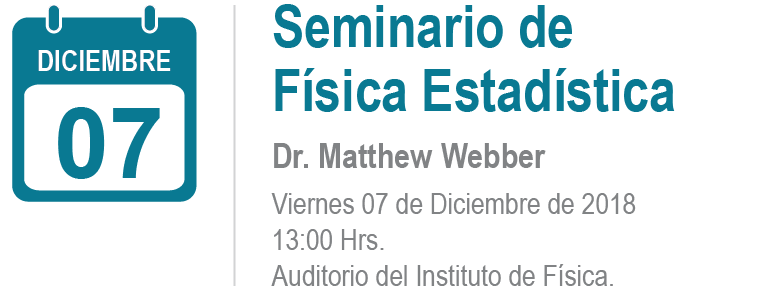
Resumen:
Using supramolecular chemistry – that is, "chemistry beyond the molecule" – it is possible to create soft materials with a range of geometric, chemical, mechanical, and biological properties for a variety of applications. For example, by using specific, dynamic, and tunable non-covalent interactions, engineered solutions to biomedical problems can be realized. Certain benefits to this approach are molecular-level control of composition, improved routes for targeting payloads, and new strategies to create diagnostics or delivery devices that respond to a variety of physiologic indicators. The modularity of supramolecular interactions also facilitates opportunities to combine multiple payloads within one delivery platform, as well as facile incorporation of targeting units. As such, the design opportunities afforded by supramolecular chemistry will play a vital role in the future of biomedical materials. This presentation will illustrate the power of the supramolecular toolbox to design new biomaterials from polymer-like assemblies of peptides as well as macrocyclic host-guest recognition. For peptide self-assembly, rational design of stacking motifs leads to the formation of one-dimensional supramolecular polymers with high-density display of bioactive signals so as to interface with cells, tissues, or physiologic milieu. In host-guest macrocyclic chemistry, dynamic and tunable heterodimeric and ternary interactions lead to precise control over bulk properties and functional utility. In sum, adopting a supramolecular approach to material design facilitates molecular-scale control over properties and function.
Pagina Web --> Matthew Webber










